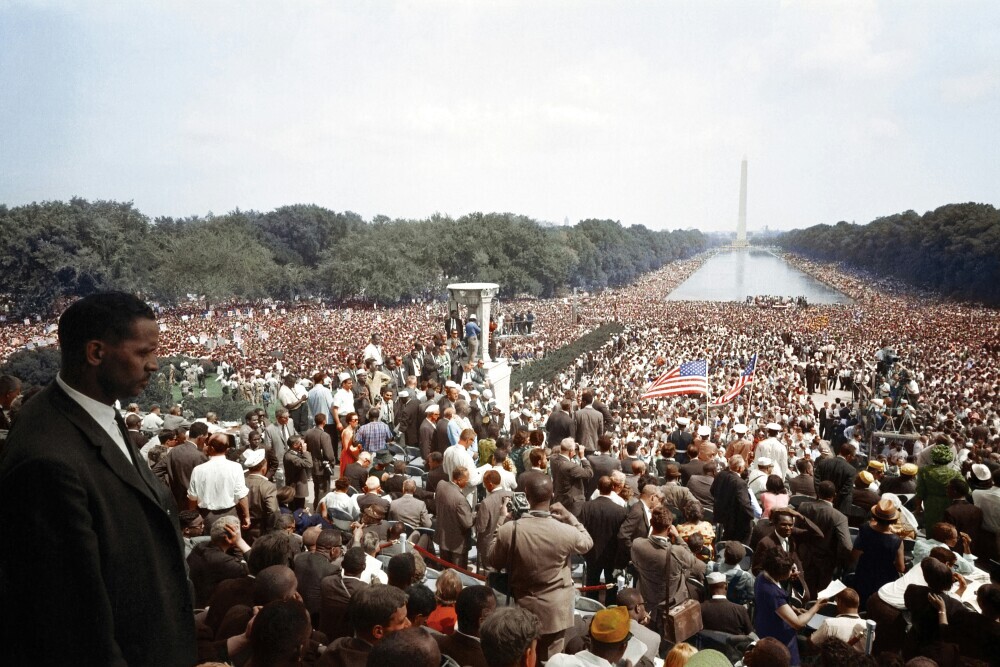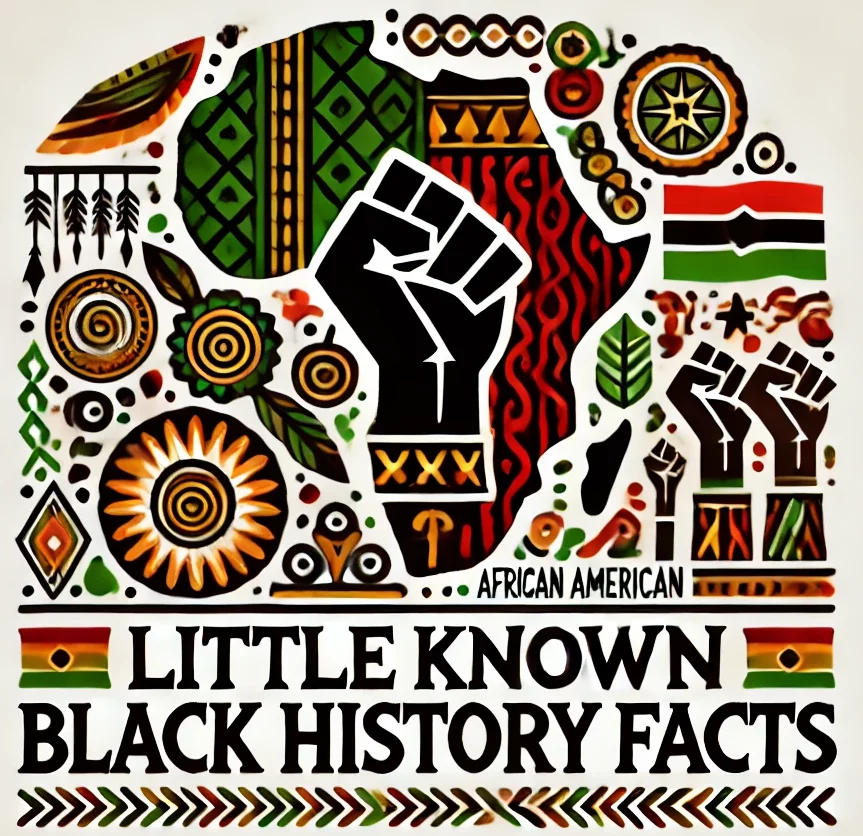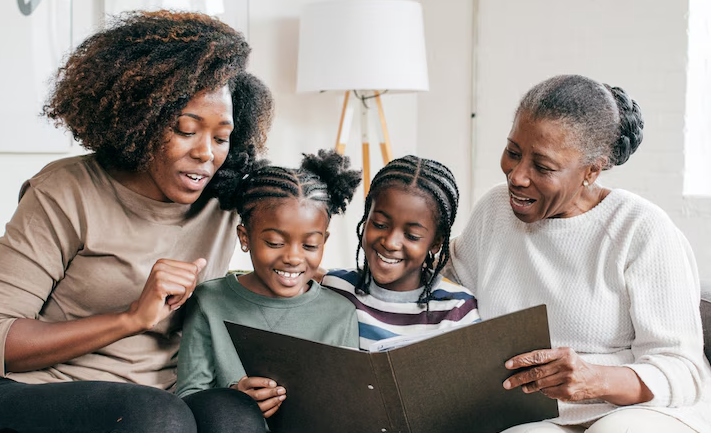Black history is an essential part of our collective story but talking to kids about it can seem daunting. The key is starting early and keeping it honest. Begin with the basics, like explaining who Martin Luther King Jr. was or why Rosa Parks is an icon. Use age-appropriate language and keep it simple.
Books, videos, and interactive activities work wonders. Picture books about Black history can capture younger kids’ attention. ‘Hair Love’ by Matthew A. Cherry or ‘Little Leaders: Bold Women in Black History’ by Vashti Harrison are great starters that combine engaging stories with important lessons. For older kids, documentaries and educational YouTube channels can make learning fun and informative.
It’s important for parents and educators to guide these conversations with sensitivity and a focus on truth. Avoid sugar-coating or glossing over the difficult parts of history. Kids are more capable than we often give them credit for. Honest discussions foster an environment of trust and curiosity.
Engagement is crucial.
Create a dialogue rather than a lecture. Ask questions and encourage kids to ask theirs. Visit local museums or cultural centers if possible, as field trips can offer hands-on learning experiences. The goal is to create a positive and enriching atmosphere where kids feel comfortable exploring and learning about Black history.

Teaching Black History Effectively
Interactive learning is the way to go. Kids learn best when they can connect with the material in a hands-on way. Games, crafts, and role-playing activities help bring Black history to life. For example, creating a timeline of important events or crafting storyboards about historical figures can make the information stick.
Multimedia resources are your best buddies. Movies, documentaries, and even music can resonate deeply with kids. Think about showing films like ‘Hidden Figures’ or documentaries like ‘Eyes on the Prize’ which are both engaging and educational. Songs from the Civil Rights Movement can also provide a powerful backdrop for discussions.
Storytelling is a powerful tool.
Share the lives and achievements of notable Black figures through captivating stories. The narratives of Harriet Tubman, Frederick Douglass, and modern trailblazers like Kamala Harris can inspire and educate. Incorporate personal narratives too, whether from family history or community stories, to add a more personal touch.
Answering “How should we teach Black history?” often boils down to fostering an environment where learning is interactive, personal, and engaging. By combining hands-on activities, multimedia resources, and powerful storytelling, we make Black history not just a subject to learn but a vibrant part of our shared cultural fabric.
The Importance of Black History for Preschoolers

Early exposure to Black history lays a foundation of respect and understanding. Introducing it at a young age helps kids grow up appreciating diversity and recognizing the contributions of Black individuals throughout history. It’s about showing them a fuller picture of the world.
Using age-appropriate techniques makes learning approachable. Simple activities like coloring books featuring famous Black figures, reading picture books that highlight significant moments, or even singing songs that tell historical stories can spark interest in young minds. The goal is to make the learning process as natural and enjoyable as possible.
Early lessons on Black history build empathy. When preschoolers learn about the struggles and triumphs of various Black figures, they start to understand concepts like justice, equality, and resilience. This can shape their values and behaviors from an early age in a positive way.
These lessons also create a sense of belonging and pride among Black preschoolers. Learning about their history allows them to see themselves reflected in positive and powerful stories. It’s empowering for young kids to know that people who look like them have made significant impacts on the world.
When answering ‘Why is it important to teach Black history to preschoolers?’, remember that these early lessons are seeds. They grow into a broader understanding and appreciation of history and culture as the child develops. It’s not just about learning facts; it’s about shaping a more inclusive and empathetic future.
Empowering Black Children Through History
Self-identity is vital, and knowing their history helps Black children build it with confidence. Stories of Black excellence and perseverance show them what’s possible. It’s important to highlight not just struggles, but achievements, too. Balance the story with heroes of the past and present, like Maya Angelou, former President Barack Obama, and Simone Biles. This creates a continuum of inspiration.
Focusing on significant figures and their accomplishments instills pride. Whether it’s about the bravery of Ruby Bridges or the brilliance of Katherine Johnson, these stories offer role models who embody strength, intelligence, and creativity. When kids see these examples, they realize they too can make a difference.
Creating a sense of pride and belonging is crucial. Celebrating Black culture and achievements through festivals, school projects, or family activities can make Black history an integral part of their lives. Participate in events and encourage kids to share their learning with others. It’s about building a supportive community that values its diverse history.
Answering ‘Why is it important for Black children to know their history?’ is about empowerment. It’s about giving children the tools to understand their identity, the world, and their place in it. Knowing their history instills pride, context, and a sense of purpose. It helps them navigate life with a deeper understanding and a stronger sense of self.
This post is sponsored by our good friends at WA; turn your hobbies, passions, and extracurricular activities in a content incubator for others to become inspired. Visit WA-Site Rubix today and get a free account for your journey!
Thanks for joining us today, for little known black history facts.
#littleknownblackhistoryfacts

